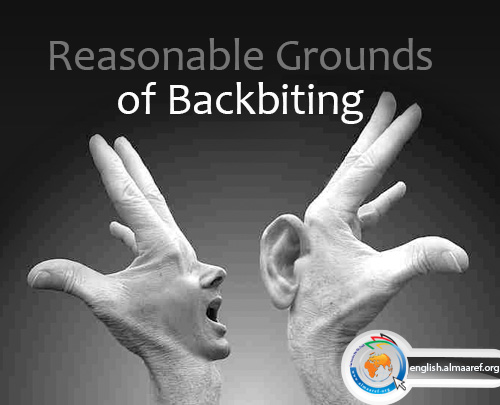1.4. The Discourse of the Present Text
Whenever you analyze a text, context is an important aspect to consider. Context is the particular element of the situation within which the text is created and interpreted (the effect of time, place, ideology, and etc.). The context of the present article is delineated in the famous book of "Nahjul-Balagha", which is consisted of the sermons, letters, and saying of Imam Ali (A.S).
Genre is an important idea because it affects the production and the reception of the texts. Genre is a way of classifying texts according to similarities they have in common with those we already know. Obviously the genre of this sermon is a religious one. Ideology refers to the values and attitudes we all share towards ourselves, others, and institutions. Ideologies form a society and individuals' world view or mind set, to show how things are and ought to be. In this article, Imam Ali’s (A.S) ideology is directly manifested by 'The Sermon of Hammam'. These ideologies act to reinforce the structure of our society. The speaker or writer states beliefs about 'what is right' and 'what is wrong' or 'the way things should be in a society'.
In this article each phrase is analyzed according to the depth of vocabulary. There is a significant relationship between depth of vocabulary knowledge and the degree and type of strategy use and success. Depth of Vocabulary knowledge makes a significant contribution to inferential success. Readers preexisting semantic system affects the meaning construction process and lexical inferencing. Inferencing is one of the central cognitive processes in reading comprehension. Inferencing has been defined as the connectors that people establish when they try to interpret texts (G. Brown & Yule, 1983).
One type of knowledge source that has been found to be strongly related to the learner’s ability to read and understand text is vocabulary knowledge. Vocabulary knowledge is one of the best predictors of reading ability and the ability to acquire new information from texts (J.C. Anderson, 2000; Nation, 2001; Qia, 2002; Read, 2000). Depth of vocabulary knowledge refers to the quality of lexical, or how well the learner knows a word (Meara, 1996; Read, 1993, 2000). Knowing a word well means more than knowing its individual meanings in a particular context. Reader’s depth of vocabulary knowledge is related to the degree and type of lexical inferencing strategies they use and this relationship affects learners' success in inferring word meaning from context.
1.5. The Sermon of the God-fearing
It is related that a companion of Ameerul Momineen (A.S) called Hammam, who was a man devoted to offering worship, said to him: "O' Ameerul Momineen, describe to me the pious in such a way as though I see them". Ameerul Momineen (A.S) avoided to reply and said: "O' Hammam, fear Allah and perform good acts because Allah is with those who fear Him and those who perform good acts." Hammam was not satisfied with this and insisted on him to speak. Thereupon Ameerul Momineen (A.S) praised Allah and extolled Him and sought His blessings on the prophet (PBUH) and then spoke:
Now then, when Allah the Glorified, the Sublime created the creation, He created them without any need for their obedience and being safe from their sinning because the sin of anyone who sins does not harm Him nor the obedience of anyone who obeys Him benefits Him. He has distributed among them their livelihood and has assigned them their position in the world.
Thus the God-fearing in it are the people of distinction.
To be continued...
* Fahimeh Mahdavi




















